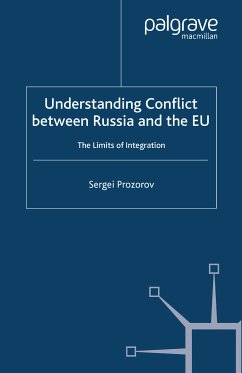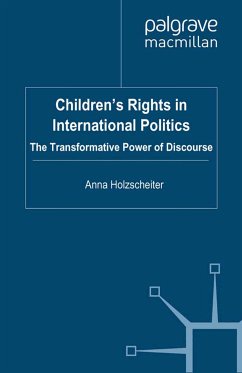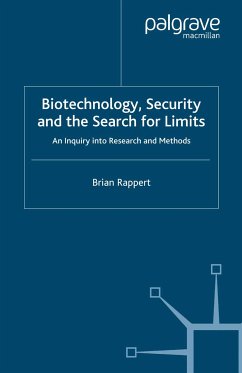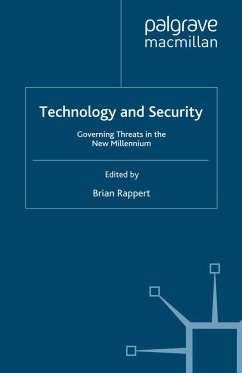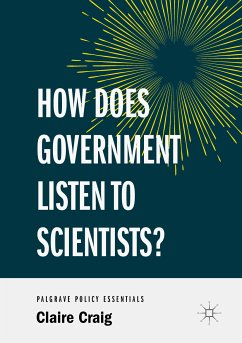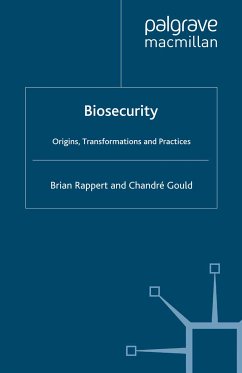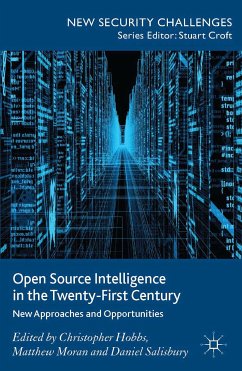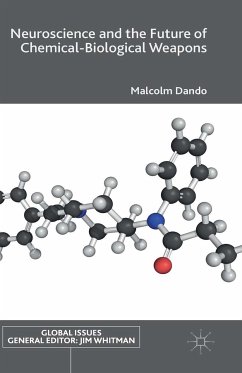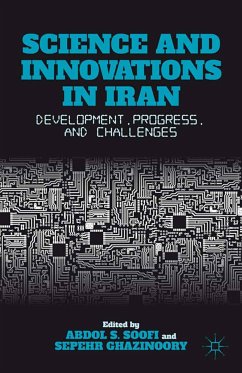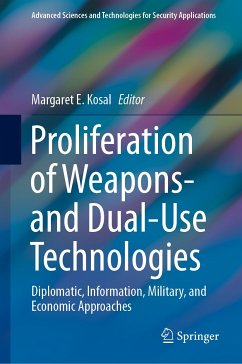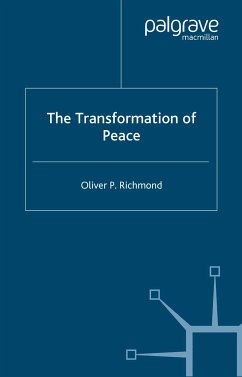
The Transformation of Peace (eBook, PDF)

PAYBACK Punkte
32 °P sammeln!
This book examines the transformation of the discourse and praxis of peace, from its early beginnings in the literature on war and power, to the development of intellectual and theoretical discourses of peace, contrasting this with the development of practical approaches to peace, and examining the intellectual and policy evolution regarding peace.
Dieser Download kann aus rechtlichen Gründen nur mit Rechnungsadresse in A, B, BG, CY, CZ, D, DK, EW, E, FIN, F, GR, HR, H, IRL, I, LT, L, LR, M, NL, PL, P, R, S, SLO, SK ausgeliefert werden.



